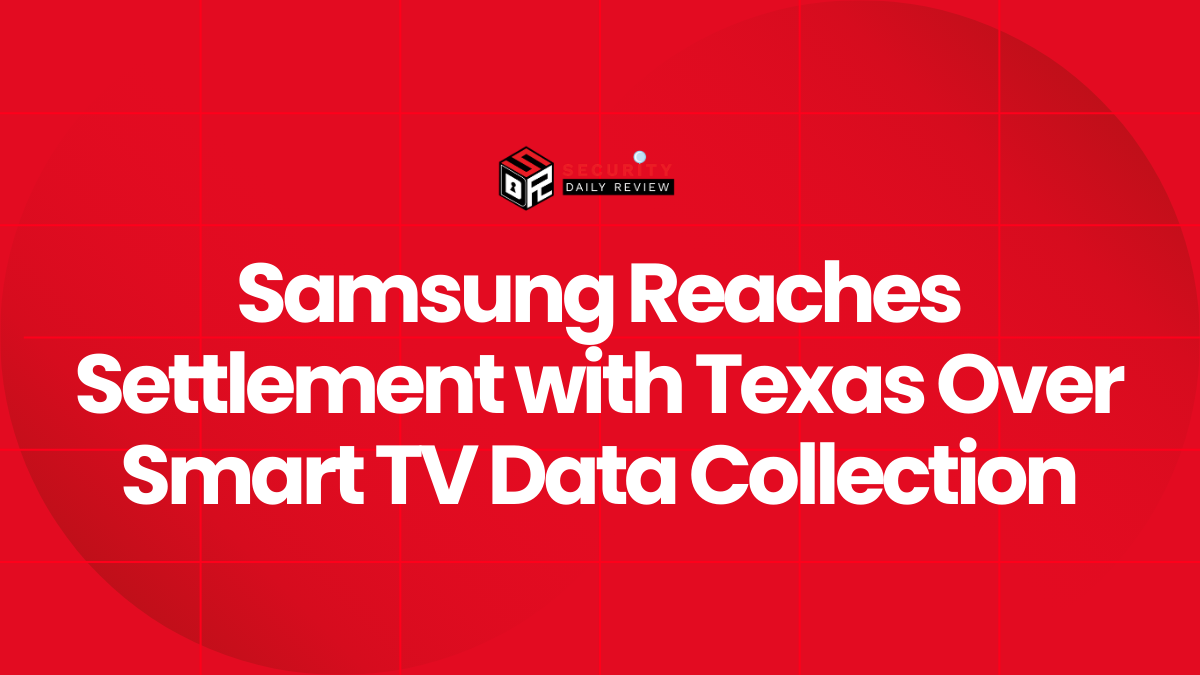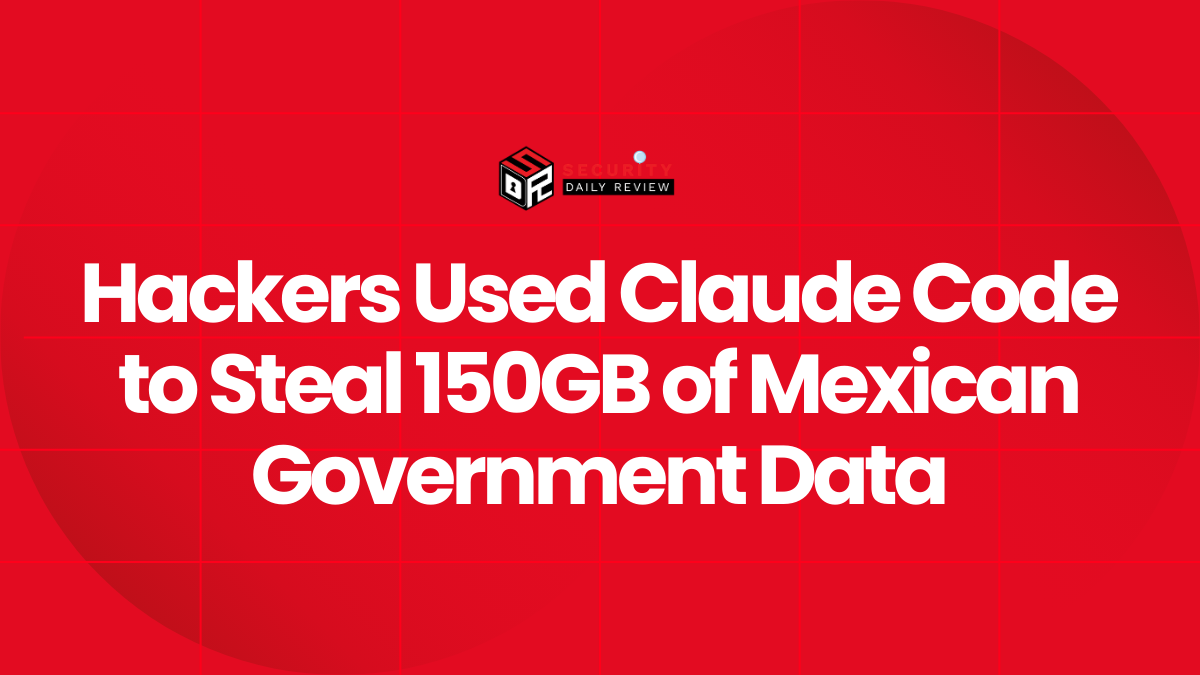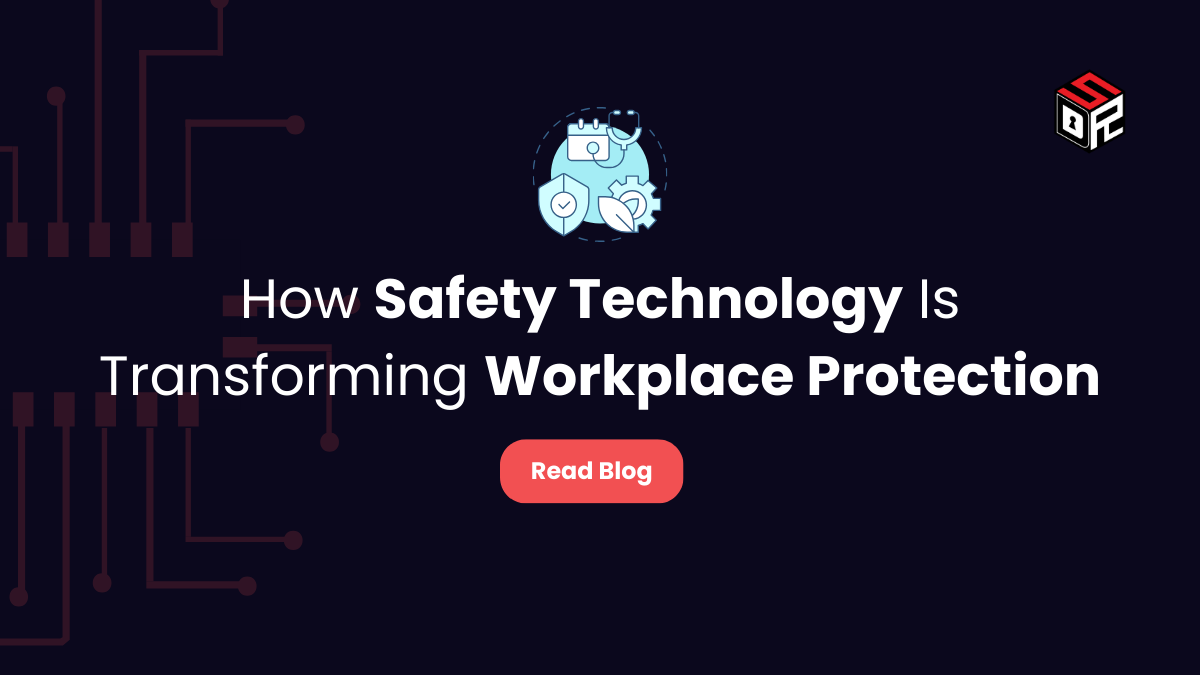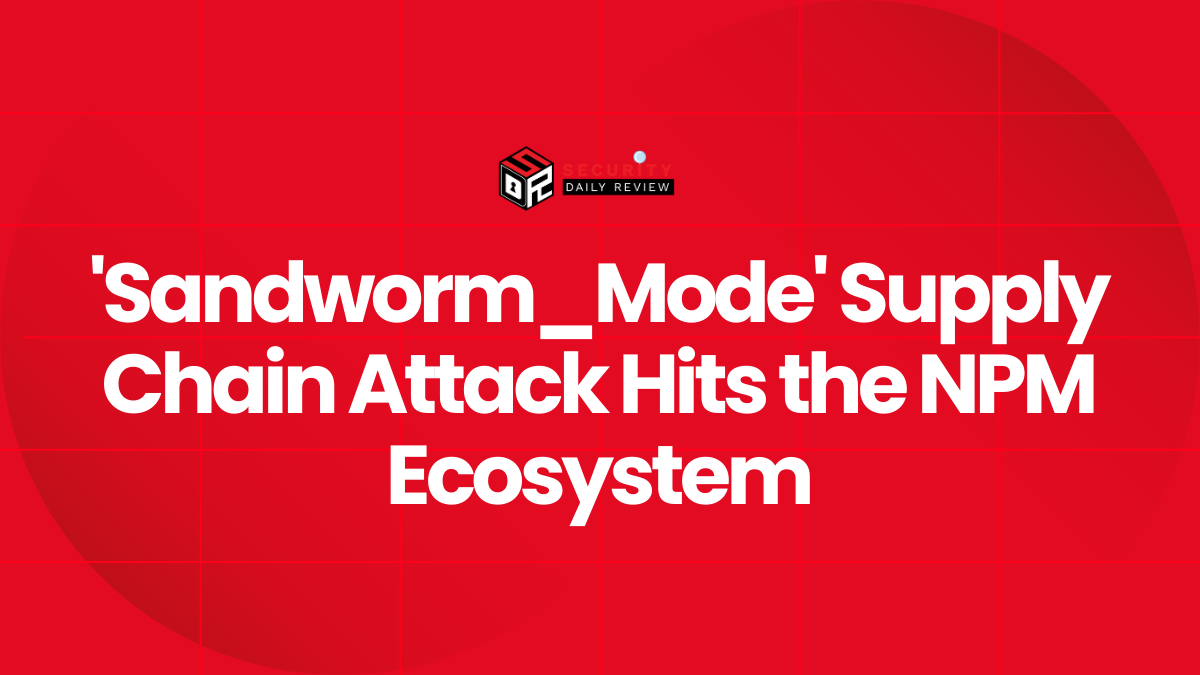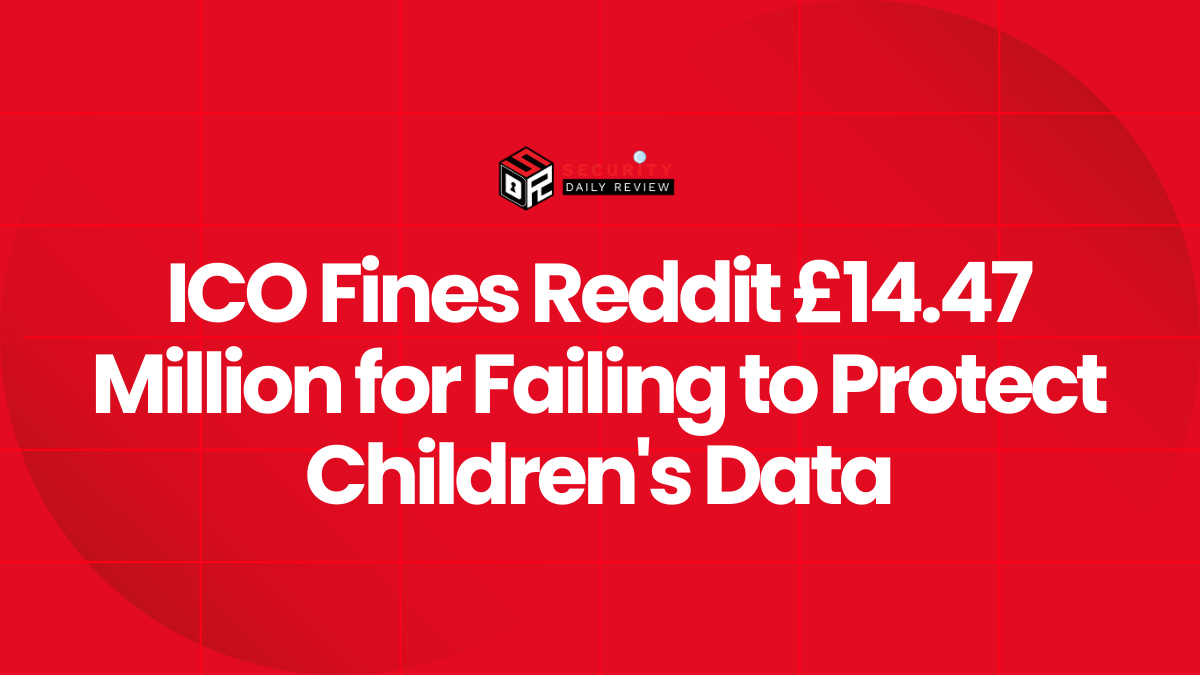The Canadian government has ordered Hikvision Canada Inc. to immediately cease all operations following a national security review that identified the company as a risk to the country’s security infrastructure.
The directive, issued under the Investment Canada Act, was announced by Mélanie Joly, Canada’s Minister of Innovation, Science and Industry. The order bans Hikvision’s Canadian subsidiary from continuing its business in the country and restricts the use of its surveillance equipment across all government agencies and crown corporations.
“The government has determined that Hikvision Canada Inc.’s continued operations in Canada would be injurious to Canada’s national security,”
stated the official release.
A Multistage Review With Broad Implications
While specific evidence behind the decision remains classified, authorities say the conclusion followed an extensive, multi-phase security assessment involving Canada’s intelligence community.
In addition to closing down Hikvision Canada, the government also prohibited all public sector bodies from buying, using, or maintaining Hikvision technology. The move aligns with similar actions taken by the United States and other Western governments, which have cited national security concerns tied to the company’s links with the Chinese government.
Hikvision Canada, a subsidiary of Hangzhou Hikvision Digital Technology Co., Ltd., entered the Canadian market in 2014. Since then, it has played a significant role in supplying the country with video surveillance, AIoT platforms, and smart security solutions, ranging from facial recognition systems to industrial automation.
A Global Pattern of Concern
Globally, Hikvision has faced mounting scrutiny due to fears that its hardware could be used for espionage and surveillance on behalf of the Chinese state. While no public evidence has confirmed these suspicions, the company has repeatedly been cited in security reviews that led to bans across various countries.
In response to Canada’s decision, Hikvision issued a strongly worded statement:
“We strongly disagree with this decision and view it with deep concern, as we believe it lacks a factual basis, procedural fairness, and transparency.”
The company added that it had fully cooperated during the security review and responded promptly to all requests from Canadian authorities but was never shown any evidence to justify the ruling.
“Instead of evaluating our technology on its cybersecurity merits, the decision appears to be driven by the parent company’s country of origin,”
the company added, calling it part of a larger geopolitical bias against Chinese firms.
What the Ban Means for Enterprises and Consumers
While the current restrictions apply only to Hikvision’s operations within Canada and to government use of its products, the announcement is likely to have ripple effects across the private sector.
Authorities are now “strongly encouraging” all Canadians—businesses and consumers alike—to carefully evaluate their use of surveillance technology in light of the decision.
For enterprise organizations, especially those relying on connected surveillance systems, this latest action underscores the need for greater due diligence when selecting vendors—particularly when national security, data privacy, and operational continuity are on the line.
This is where robust, sovereign, and verifiably secure infrastructure matters most—particularly when it comes to backing up critical surveillance data and ensuring full recovery in the event of compromise.
Looking for a trusted recovery solution?
Defend your organization with StoneFly DR365—an air-gapped, immutable backup and recovery appliance trusted by enterprises to ensure zero data loss even in the event of complex cyberattacks.



